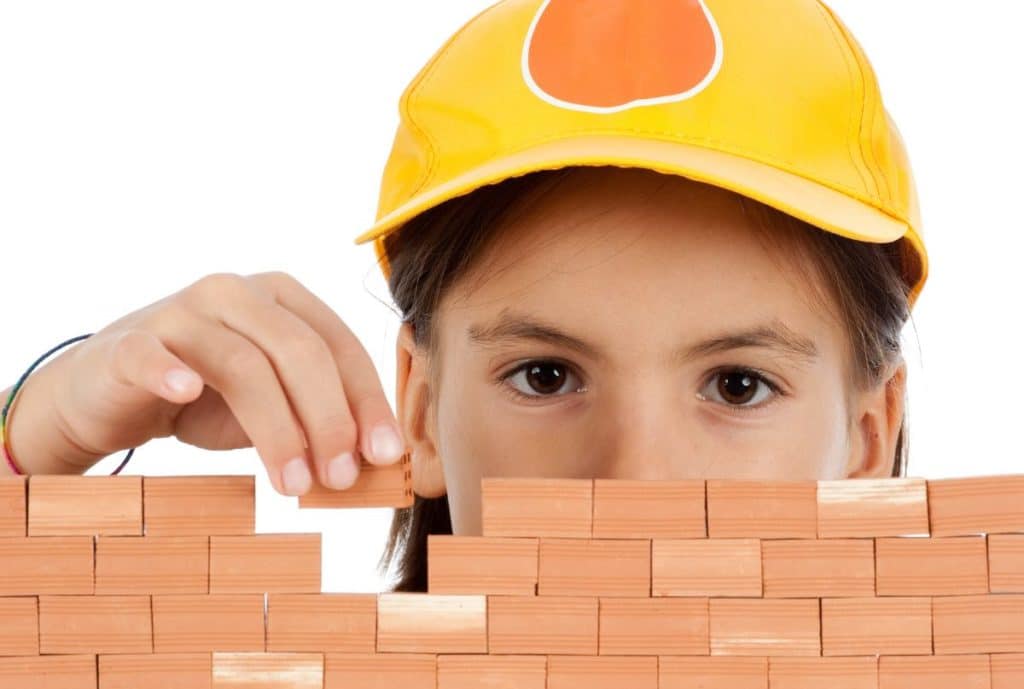
What are foundational learning skills?
Foundational learning skills or basic learning skills refer to the skills that make learning possible.
There is a tendency nowadays to confuse the word skill with related concepts like strategy, method, and technique. When talking about “learning skills,” many people actually mean learning strategies, learning methods, or learning techniques.
Let us first look at the origin of especially the words skill and strategy. Their etymologies will provide us with a clear clue about the inherent connotations of the two concepts.
The word skill derives from the Old Norse word skil, which means “knowledge.” Modern Icelandic still has the word skilja, which means “to know.” In modern English, the word skill refers specifically to the “ability that comes from knowledge, practice, aptitude, etc., to do something well,” or to a “competent excellence in performance, execution, workmanship, the practice of an art, etc.”
On the other hand, the word strategy derives from the Greek word stratos = army, and the word agein = lead. Strategy, therefore, refers to how the general leads his army to exploit best the fighting skills the soldiers have already acquired through constant practice and training. In the learning situation, this would refer to the most effective ways, techniques, or methods that the learner can employ the skills of learning which he has previously acquired through practice and training. This further implies that learning strategies cannot be employed successfully if the child or adult lacks learning skills, just like soldiers cannot use strategies if they lack fighting skills.
Foundational learning skills are the basic skills that must be taught and developed first and foremost. These skills are the foundations that hold our learning ability together.
Foundational learning skills include
- Attention (also called concentration): Attention can be divided into focused, sustained, and divided attention. Attention problems can affect many areas of one’s life. A child with concentration problems might have trouble listening or be unable to learn.
- Visual and auditory perception (also called processing): While sensation is the pickup of information by our sensory receptors, for example, the eyes, ears, skin, nostrils, and tongue, perception is the interpretation of what is sensed. A classic perceptual problem is the inability to distinguish between the letters p, q, d, and b. However, many other perceptual issues can impact a child’s learning ability. An inability to analyze, for example, can harm spelling.
- Processing speed involves one or more of the following functions: the length of time it takes to perceive and process information and formulate or enact a response.
- Memory: The main categories of memory are sensory memory, short-term memory (or working memory), and long-term memory, based on the length of time the memory is stored. When it comes to memory, one’s senses are involved too. Visual memory involves storing and retrieving previously experienced visual sensations and perceptions when the stimuli that initially evoked them are no longer present. In short, visual memory is recalling what the eyes have seen. On the other hand, auditory memory involves taking in information presented orally, processing it, storing it in one’s mind, and then recalling what one has heard.
- Logical thinking and reasoning: It has been proven that specific training in logical thinking processes can make people “smarter.” Logical thinking allows a child to reject quick answers, such as “I don’t know” or “this is too difficult,” by empowering them to delve deeper into their thinking processes and understand better the methods used to arrive at a solution and even the solution itself.
Academic skills can be learned once these foundational skills have been taught and developed.
These foundational skills may not seem important at first, but they are often the reason why children battle to learn and grasp new concepts while others don’t. It is not that some children have unique skills and others don’t. It’s a matter of how well their foundational skills have been developed to start with.
Some children are faster at learning these foundational skills, while others may need a bit more time. The key for the slower learners is to keep persevering, and for parents and teachers to ensure all learners become equipped with these foundational skills.
Edublox develops foundational learning skills
Edublox is a system of mental exercises designed to teach, develop and improve foundational learning skills. From minor concerns to larger ones that require more attention, the Edublox system helps students to build a solid foundation:
- Attention is an essential foundational skill and is therefore prioritized in every Edublox lesson. Edublox presented a one-week program in Singapore to 27 students, ages 10 to 12; the control group comprised 25 students. The results of the study showed a significant improvement in focused attention.
. - Edublox teaches perceptual skills through various visual and auditory exercises.
. - Results of a research study show that Edublox improves processing speed.
. - Through a variety of exercises, Edublox improves visual and auditory memory. For example, a learner will be given a few seconds to look at a pattern consisting of colored blocks. The pattern will then be removed, and the learner will be required to rebuild it based on their short-term memory. As the learner’s memory improves, the complexity of the pattern is increased.
A study by Mays (2014) found a significant improvement in visual memory – from 6.2 to 7.5 years following an intensive one-week Edublox program of 22.5 hours. Results of a research study show that Edublox also improves auditory memory.
. - Edublox teaches reasoning and logical thinking.
.

